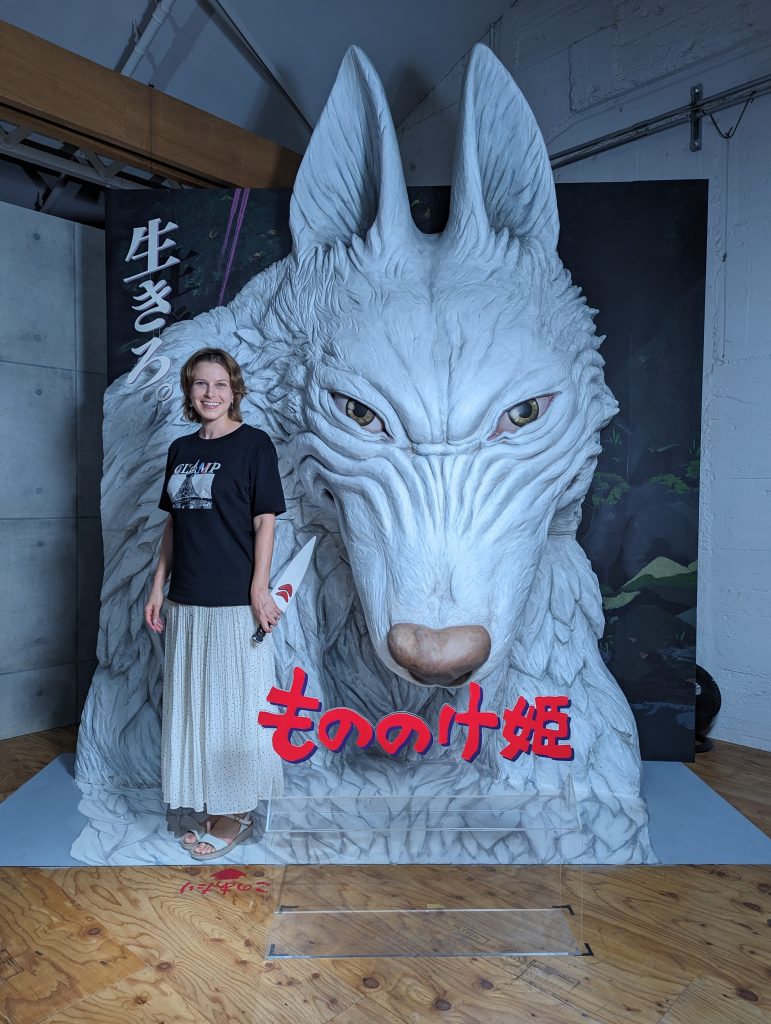
IMJR: Japanese Studies
Current Pursuit: Assistant Director, Pre-Professional Advising
Why Individualized? After high school, I wanted to allow myself to pursue my biggest passion—Japan and the Japanese language—through formal study as an undergraduate. The ability to create an interdisciplinary plan of study combining fields of interest, including linguistics, history, and anthropology, in addition to study abroad courses, was very appealing to me so that I could approach topics through multiple lenses. The IMJR Program made my experience at UConn so much more meaningful.
Most memorable course or project from your major? My undergraduate Honors thesis served as the capstone for my IMJR. I examined the soft power potential of transnational popular music on Japanese-Korean relations near the start of the “Korean Wave,” when K-dramas and K-pop were just beginning to take Japan by storm. A large part of it was also researching the historical context of how Japan’s colonization of Korea continues to impact modern relations and the treatment of ethnic Koreans who live in Japan. It’s a little strange to think that there’s still a copy of my thesis in the room across from my current office!
IMJR life impact? I will forever be connected to Japan, and a small town called Kogota (literally “small cow rice paddy”) in Miyagi Prefecture will always be my second home. My IMJR led me to the Japan Exchange and Teaching (JET) Program, my part-time translation job for an online news blog, and teaching JAPN 1101 & 1102 at UConn. I’ve stayed in touch with so many close Japanese friends and former students that have even come to visit or study at UConn. My students connect with my teacher/professor friends’ classes through letter and video exchanges. Not to mention, my husband actually just spent the past 2.5 years working for Woven by Toyota in Tokyo, so I was able to spend some extended time in the country again and explore even more new places.